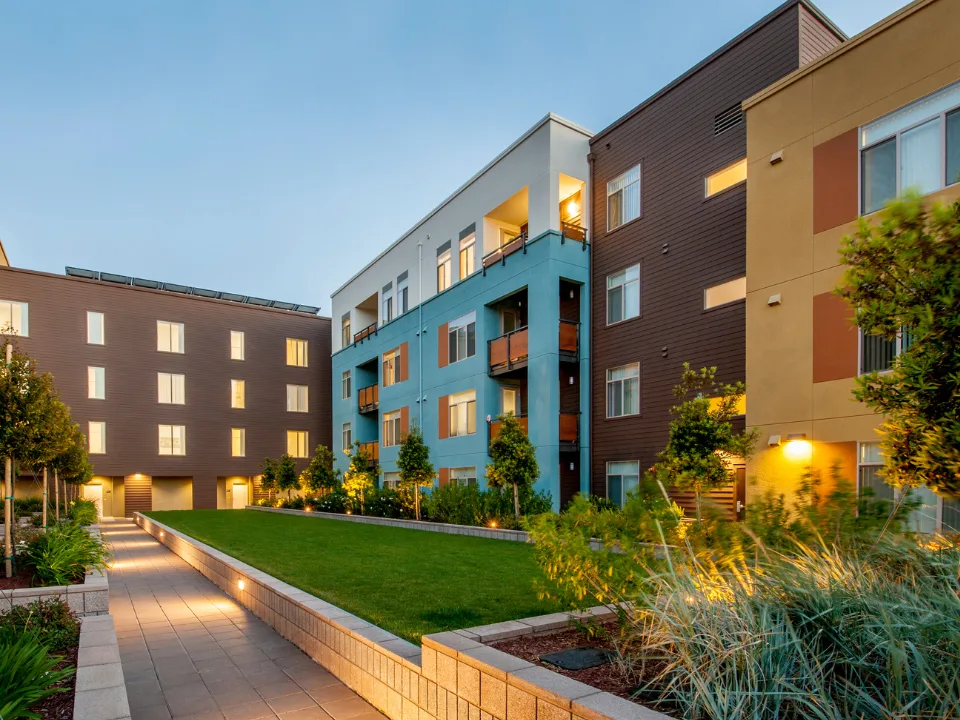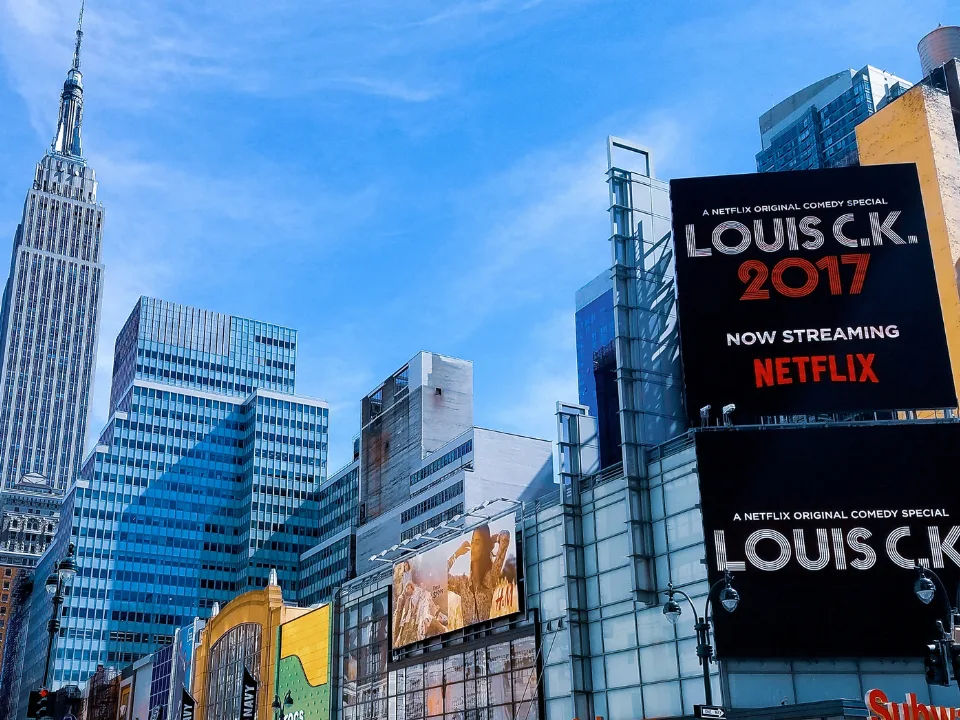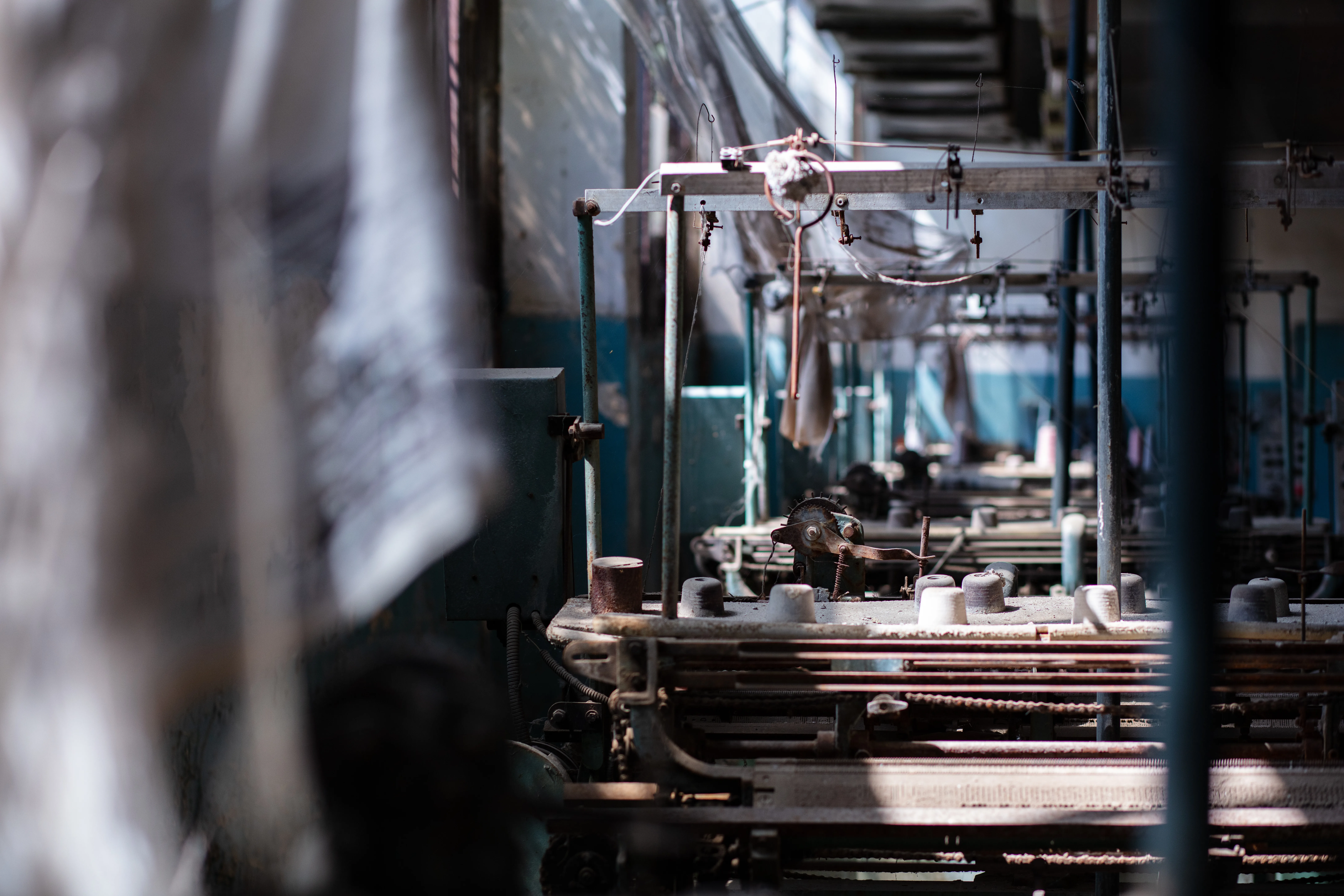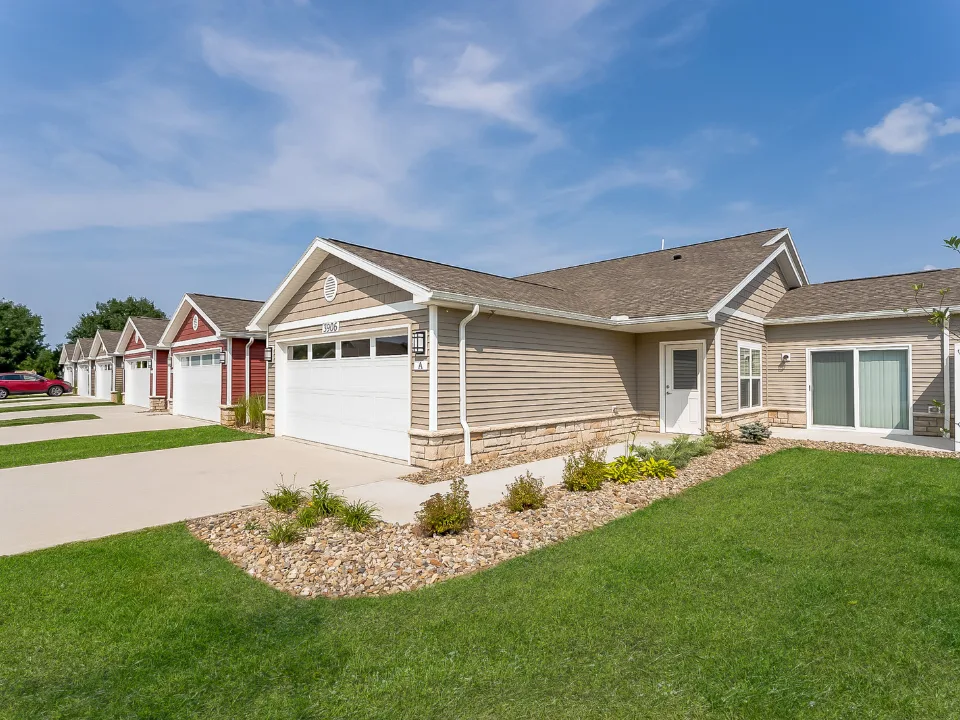- Cities across the US are rewriting zoning codes to allow small-scale manufacturing—such as food processing, woodworking, and apparel-making—in neighborhoods and downtowns where they were once banned.
- New York City, Baltimore, and Elgin, Illinois are among the cities that have recently revised land-use laws, aiming to support the growing maker economy and local entrepreneurship.
- Supporters say integrating small producers into urban neighborhoods creates walkable, mixed-use communities and boosts economic diversity without relying on foot traffic alone.
- Challenges remain, including high urban rents and concerns from industrial stakeholders. Still, maker spaces and incubators are emerging to support new businesses and foster long-term growth.
A New Era Of Local Making
Small-scale manufacturing is making a comeback in America’s downtowns, reports NYT. It was once pushed out by mass production and environmental concerns. Now, cities are rolling back zoning restrictions that long separated production from residential life.
The goal? To bring back the kind of vibrant, mixed-use neighborhoods common before the 20th century industrial boom—and to revitalize struggling urban centers with new economic energy.
Get Smarter about what matters in CRE
Stay ahead of trends in commercial real estate with CRE Daily – the free newsletter delivering everything you need to start your day in just 5-minutes
Zoning Changes Coast To Coast
New York City updated its manufacturing zoning rules for the first time since the 1960s, now allowing coffee roasting and small-scale production in areas once reserved for retail. In suburban Elgin, Illinois, a recent zoning change permits retailers to make and sell goods under one roof. Baltimore passed a similar ordinance in 2022, clearing the way for food and arts-based manufacturing in commercial zones.
Seattle is expected to vote this fall on allowing artisan producers in residential neighborhoods, aiming to foster “walkable” districts with a blend of uses.
The Maker Economy’s Urban Moment
The maker economy surged during the pandemic and shows no signs of slowing down. With access to affordable tools like 3D printers and laser cutters, small entrepreneurs can scale quickly. Online platforms such as Etsy allow for national reach while staying hyperlocal.
“Cities are realizing small producers bring life and resilience to neighborhoods,” said Ilana Preuss of Recast City, an economic development firm focused on small-scale manufacturing.
Building Community Resilience
Unlike retail shops, these businesses often don’t rely on foot traffic, which makes them more sustainable in quieter districts. In Elgin, city leaders are helping part-time home-based makers transition into brick-and-mortar spaces, while Baltimore’s Open Works maker space supports dozens of micro-manufacturers and is planning a second facility.
“These makers aren’t just cute side projects,” said Will Holman of Open Works. “They’re part of a broader shift to localized, resilient production.”
Not Without Challenges
Zoning alone won’t sustain a maker-led revival. High rents can quickly push out small businesses. Nashville’s early zoning reforms, for instance, were undermined by surging real estate prices. In response, the city has begun offering developers density incentives if they include manufacturing in mixed-use projects.
There’s also pushback. In Seattle, the Port Authority warns that adding housing near industrial zones could threaten vital commercial infrastructure.
Why It Matters
Global supply chains remain unpredictable, and consumers are increasingly seeking local, custom products. Small-scale urban manufacturing offers cities a path to economic diversity and community revitalization.
From customized shoes in Nike’s Oregon facility to fermentation labs in Baltimore, a new generation of urban manufacturing is taking shape—one laser cutter and food startup at a time.
What’s Next
More cities are expected to follow suit. Nationwide, municipalities are launching maker incubators, dedicating funds to shared production spaces, and working with universities to expand access to tools and training.
What may seem like small zoning tweaks are, in reality, laying the groundwork for a more diverse and durable urban economy—one locally made product at a time.


















